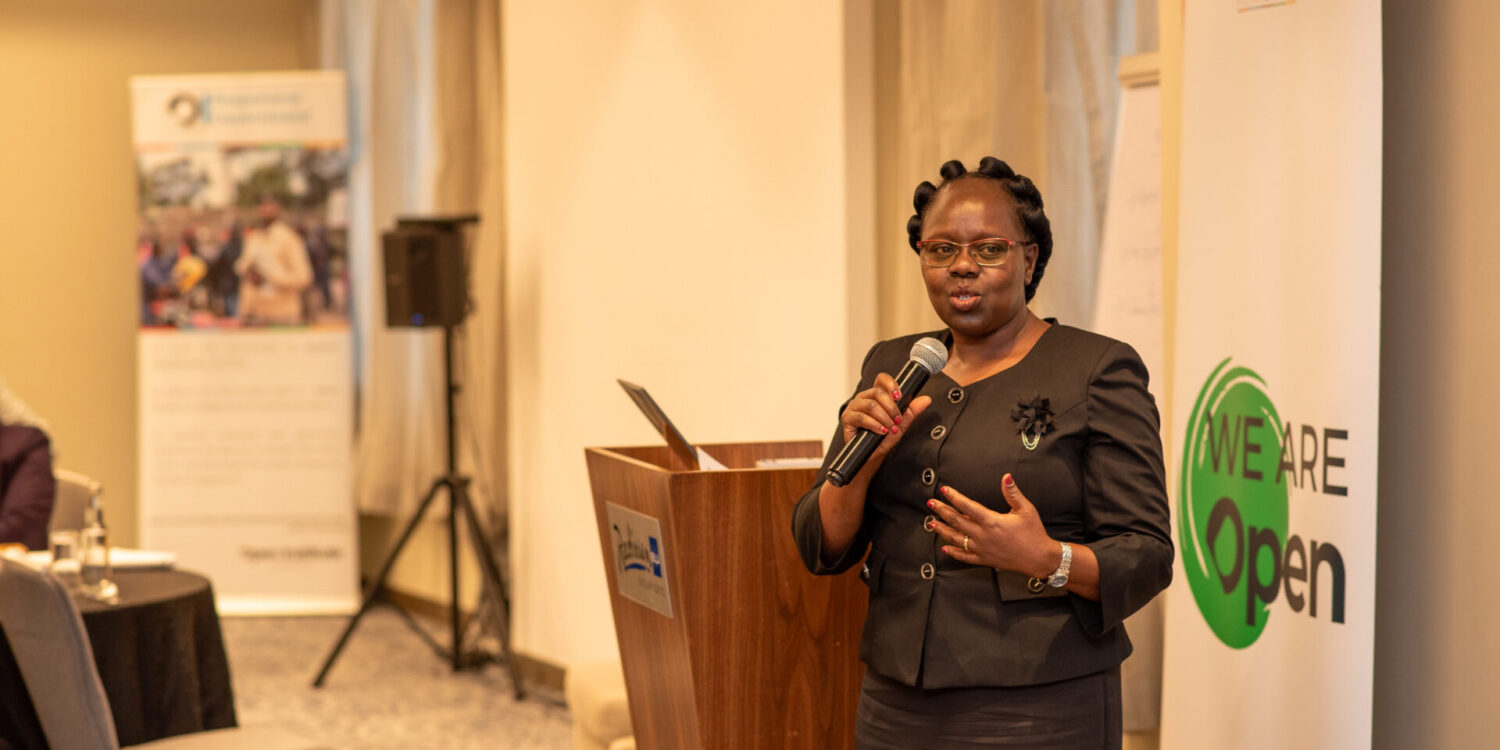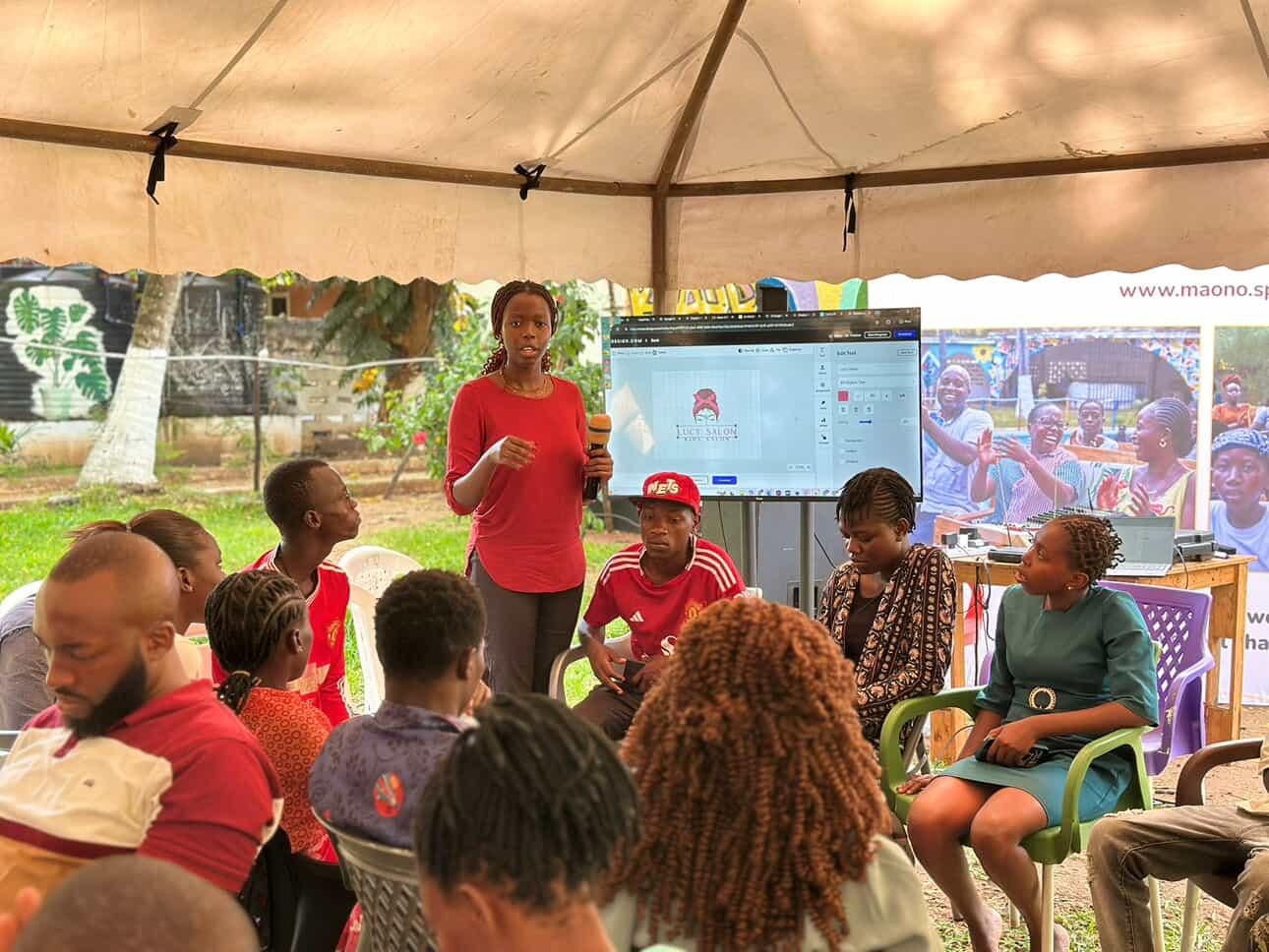For years, the Open Institute has worked diligently to guide counties towards more effective, data-centred decision-making. Our focus has been on equipping local governments with essential tools and expertise, ensuring better resource allocation, stronger policies, and improved public services. In the last two and a half years, our partnership with Nandi and Kilifi counties has been instrumental in supporting their transition to data-driven service delivery.
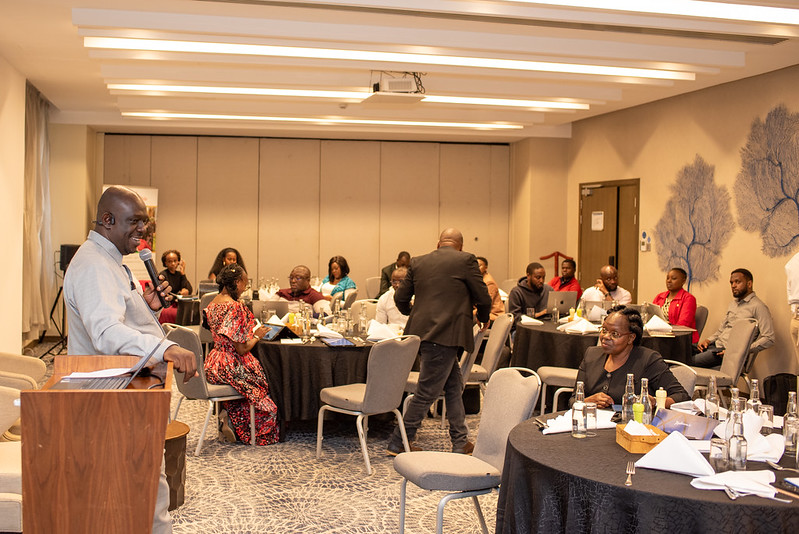
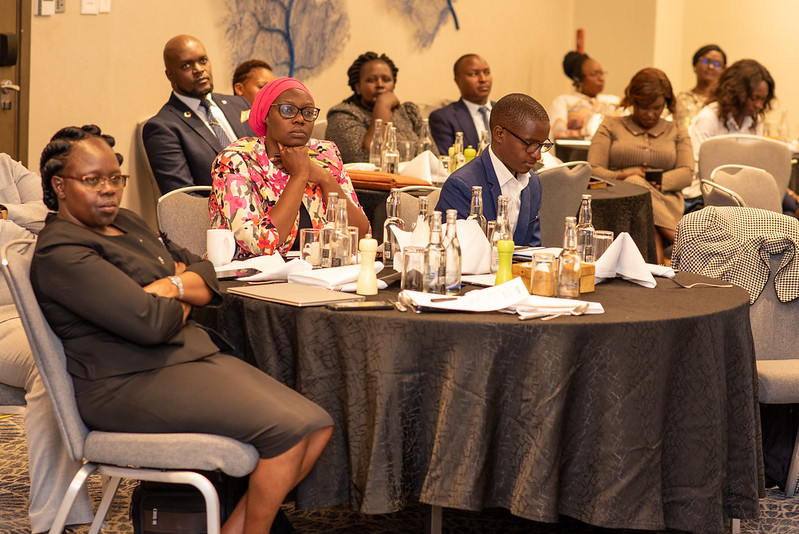
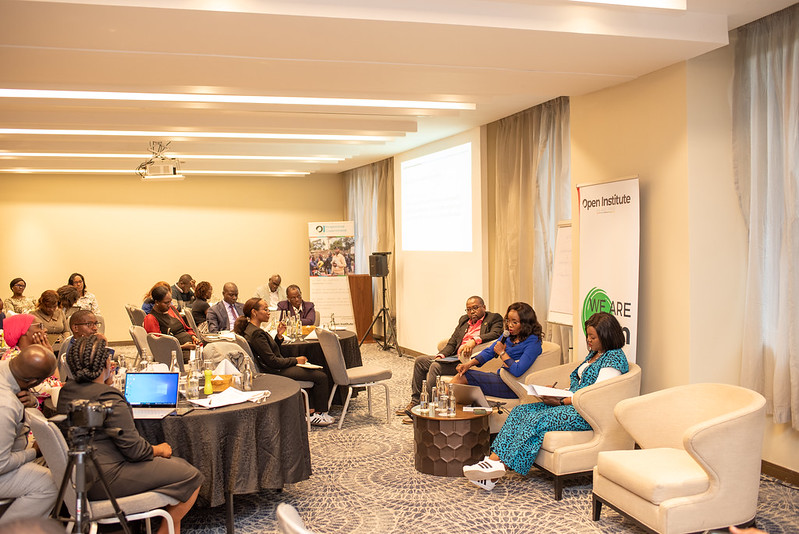
On 12th September 2024, we convened a pivotal Partners Breakfast Meeting, providing a platform to showcase Nandi County’s progress while exploring new avenues for collaboration. The gathering brought together county representatives, civil society leaders, and development partners, all united by a shared goal: harnessing data to transform service delivery.
Nandi County’s Transformational Journey with Data
“I want to share our journey in health data with the support of OI. What we have done with OI is a big deal. We have come to say thank you to OI for holding our hand and to share our story with partners,” shared Her Excellency Dr. Yulita Mitei, Deputy Governor of Nandi County.
Since 2015, Nandi County has made significant strides, particularly in health and nutrition. The stunting rate, once 29.9%, has plummeted to 15%, thanks to focused interventions in maternal and child health. The opening of a new maternal health hospital in Kapsabet stands as a testament to the county’s dedication to healthcare advancement.
The journey towards adopting a data-first approach began with the signing of a Memorandum of Understanding in 2021, followed by the establishment of Nandi’s Data Desk in 2022. Before these milestones, fragmented and inefficient data collection methods had hindered progress, with no standard procedure for gathering or sharing information. This chaos made it difficult for the county to identify needs or distribute resources effectively.
Mercy, Nandi County’s head of statistics, highlighted the transformative impact of the Data Desk.
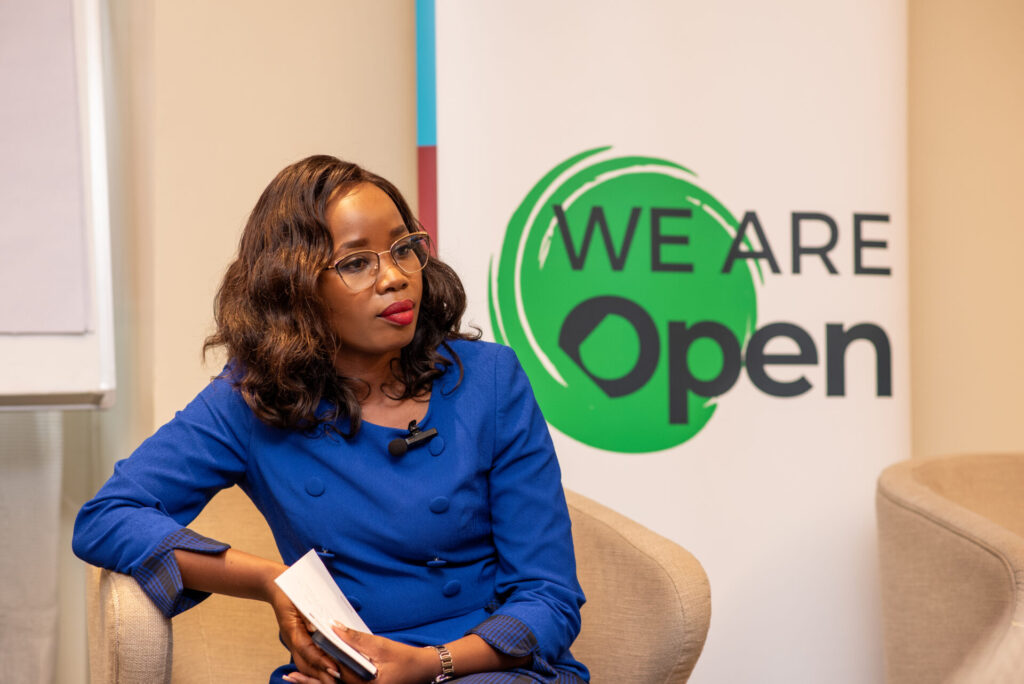
“In God we trust, all others bring data,” she remarked, underlining how vital accurate data has become to the county’s operations. But she was quick to point out the challenge posed by leadership that doesn’t fully appreciate the power of data. Fortunately, Nandi’s leadership embraced the shift, fostering a data-driven culture.
Health Services Revolutionised by Data
Susan Biwott, the county’s chief nurse-midwife, gave a heartfelt account of the role data has played in improving maternal healthcare. She described the logistical nightmares faced by mothers seeking emergency care, often travelling up to 60 kilometres for a caesarean section. Data, she noted, is now central to managing emergencies such as postpartum haemorrhage and ensuring the availability of essential medicines. Additionally, tracking vaccine supplies with precision guarantees that every child in the county receives immunisations.
Susan’s personal story was particularly poignant. Despite being heavily pregnant, she worked tirelessly, delivering babies while in labour herself, a stark reminder of the severe shortage of skilled birth attendants. This experience underscored the pressing need for more trained professionals to ensure the safety of mothers and their newborns.
Nandi County has also innovated beyond hospitals, with the Facility Improvement Fund (FIF) Act helping allocate resources effectively, while community health promoters bridge the gap between healthcare facilities and the public. Susan’s narrative was echoed by a similar tale from Kilifi County, where Ade, a teacher, also serves as a midwife in an isolated area lacking basic healthcare services.
These stories highlighted a disconnect between official reports and the harsh realities on the ground. Infrastructure gaps, insufficient coordination between sectors, and maternal health challenges are often underreported or poorly correlated. The introduction of simple, effective tools like Sabasi, used to collect social accountability data from 16,000 women in Kilifi in just three days, is a step towards addressing these challenges.
New Partnerships, New Commitments
The Partners Breakfast Meeting showcased Nandi’s proactive stance, attracting keen interest from organisations such as Amnesty International Kenya, National Taxpayers Authority, Baraza Media Lab, and SDG Kenya Forum. Several key commitments emerged from the discussions:
1. Capacity Building – Focused support to enhance data collection and utilisation.
2. Data Integration – Developing digital health tools and improving data governance.
3. Storytelling – Training in data storytelling to communicate successes and challenges effectively.
4. Data Validation – Ensuring that county-generated data is incorporated into national statistics.
Recommendations from government and civil society representatives emphasised the need for inter-county collaboration, particularly in data sharing and interpretation. Calls for centralising data collection processes to reduce duplication and integrate information from health, infrastructure, and social sectors were echoed by all.
Strengthening public participation in budgeting and planning was also identified as crucial, ensuring that citizen voices shape county decisions. This alignment with the public is essential in bridging the gap between what governments report and the lived realities of their citizens.
A Future Built on Collaboration and Data

Nandi County’s journey, supported by partners like the Open Institute, is a powerful example of how data can be harnessed to solve complex challenges. By embracing transparency, collaboration, and innovative solutions, the county is setting a new standard for public service delivery in Kenya.
As we strive to meet the Sustainable Development Goals, particularly Goal 3 on health and well-being, we are reminded that achieving these targets depends on strong partnerships, data-driven decision-making, and a clear understanding of the needs of citizens. The insights gained from both Nandi and Kilifi counties demonstrate the profound impact that data can have in transforming governance and improving lives.
Together, we are committed to fostering partnerships that drive sustainable development and ensure a brighter future for all.

